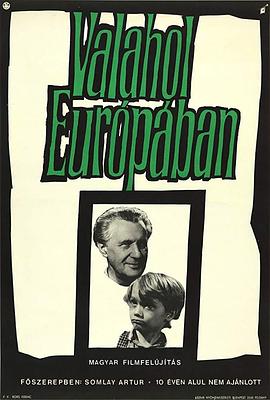
- 欧洲的某个地方
- 主演:Artúr,Somlay,Miklós,Gábor,Zsuzsa,Bánki
- 类型:剧情
- 导演:Radványi,Géza
- 地区:其它
- 年份:1948
- 语言:其它
- 备注:HD中字
- 更新:2025-02-01
- 播放列表
- 无尽
倒序↓顺序↑
- 下载地址
- 相关影片
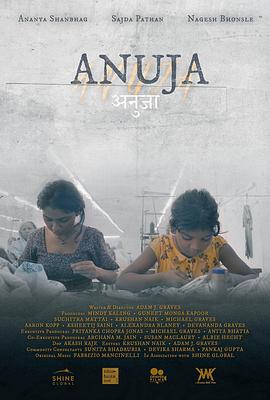
阿胡贾
,Sajda,Pathan,纳吉什·邦斯,Rudolfo,Rajeev,Hubert,Ananya,Shanbhag,Gulshan,Walia
剧情片
2024/美国
HD
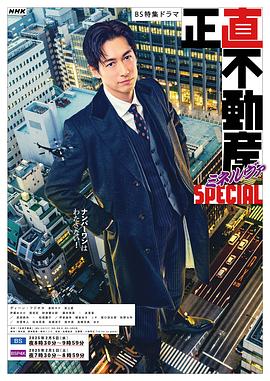
诚实房地产Minerva 特别篇
藤冈靛,仓科加奈,见上爱,高桥克典,伊藤明日阳,西垣匠,财津优太郎,藤井美菜,泉里香,武田铁矢,松坂庆子,Keiko,Matsuzaka,市原隼人,松本若菜,田中泯,高畑淳子
剧情片
2025/日本
HD
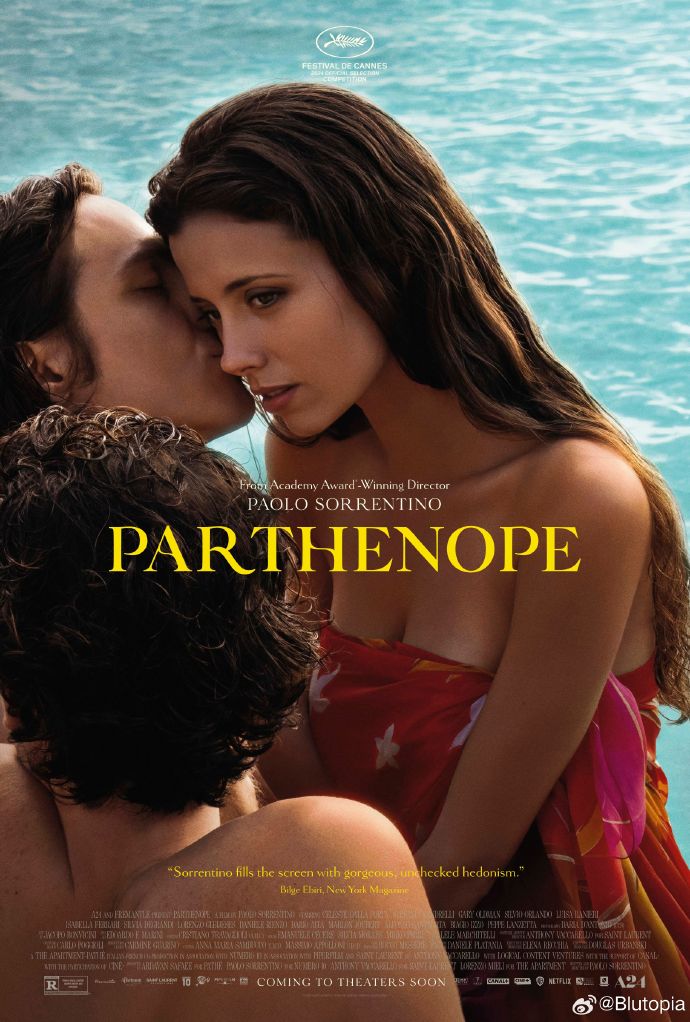
帕特诺普
塞莱斯特·达拉·波塔,斯特法尼娅·桑德雷莉,加里·奥德曼,西尔维奥·奥兰多,路易莎·拉涅瑞,佩普·兰泽塔,伊沙贝拉·法雷利,达里奥·艾塔,弗朗西丝卡·罗马娜·贝加莫,保拉·卡利亚里,布兰多·因普罗塔,亚历山德罗·库卡,詹皮耶罗·德·康希略,比亚吉奥·伊佐,内洛·马西亚,西尔维娅·德格兰迪,洛伦佐·格莱杰斯,阿方索·桑塔加塔
剧情片
2025/意大利
HD
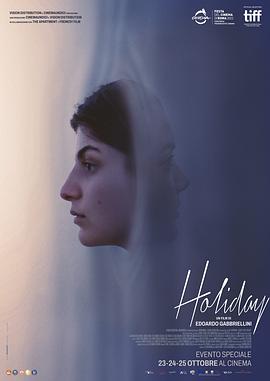
假期2023
Margherita,Corradi,Giorgia,Frank,亚历山德罗·特德斯奇
剧情片
2023/意大利
HD
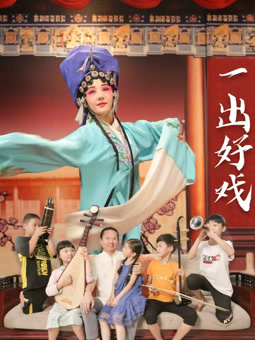
一出好戏2025
王梦瑶,
剧情片
2025/大陆
HD
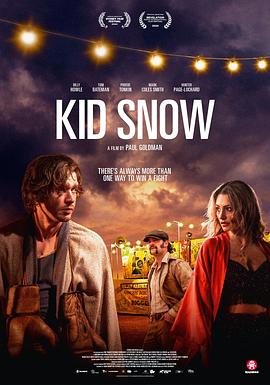
击雪
比利·豪尔,菲比·汤金,汤姆·巴特曼,塔斯马·沃尔顿,马克·科尔斯·史密斯,Shaka,Cook,亨特·佩奇-洛哈德,罗伯特·泰勒,内森·菲利普斯,Jack,LaTorre,Tristan,Gorey,约翰·布鲁普顿,约翰·布鲁普顿,John,Brumpton,Nick,Britton,Jono,Watts
剧情片
2024/澳大利亚
HD
- 简介
Somewhere in the remote region, the war ends. In the midst of ruined cities and houses in the streets, in rural hamlets, everywhere where people still live, are children who have lost their homes and parents. Abandoned, hungry, and in rags, defenseless and humiliated, they wander through the world. Hunger drives them. Little streams of orphans merge into a river which rushes forward and submerges everything in its path. The children do not know any feeling; they know only the world of their enemies. They fight, steal, struggle for a mouthful of food, and violence is merely a means to get it. A gang led by Cahoun finds a refuge in an abandoned castle and encounters an old composer who has voluntarily retired into solitude from a world of hatred, treason, and crime. How can they find a common ground, how can they become mutual friends The castle becomes their hiding place but possibly it will also be their first home which they may organize and must defend. But even for this, the price will be very high. To this simple story, the journalist, writer, poet, scriptwriter, movie director, and film theoretician Béla Balázs applied many years of experience. He and the director Géza Radványi created a work which opened a new postwar chapter in Hungarian film. Surprisingly, this film has not lost any of its impact over the years, especially on a profound philosophical level. That is to say, it is not merely a movie about war; it is not important in what location and in what period of time it takes place. It is a story outside of time about the joyless fate of children who pay dearly for the cruel war games of adults. At the time it was premiered, the movie was enthusiastically received by the critics. The main roles were taken by streetwise boys of a children's group who created their roles improvisationally in close contact with a few professional actors, and in the children's acting their own fresh experience of war's turmoil appears to be reflected. At the same time, their performance fits admirably into the mosaic of a very complex movie language. Balázs's influence revealed itself, above all, in the introductory sequences an air raid on an amusement park, seen in a montage of dramatic situations evoking the last spasms of war, where, undoubtedly, we discern the influence of classical Soviet cinematography. Shooting, the boy's escape, the locomotive's wheels, the shadows of soldiers with submachine guns, the sound of a whistle—the images are linked together in abrupt sequences in which varying shots and expressive sharp sounds are emphasized. A perfectly planned screenplay avoided all elements of sentimentality, time-worn stereotypes of wronged children, romanticism and cheap simplification. The authors succeeded in bridging the perilous dramatic abyss of the metamorphosis of a children's community. Their telling of the story (the scene of pillaging, the assault on the castle, etc) independently introduced some neorealist elements which, at that time, were being propagated in Italy by De Sica, Rossellini, and other film artists. The rebukes of contemporary critics, who called attention to formalism for its own sake have been forgotten. The masterly art of cameraman Barnabás Hegyi gives vitality to the poetic images. His angle shots of the children, his composition of scenes in the castle interior, are a living document of the times, and underline the atmosphere and the characters of the protagonists. The success of the picture was also enhanced by the musical art of composer Dénes Buday who, in tense situations, inserted the theme of the Marseilaise into the movie's structure, as a motive of community unification, as an expression of friendship and the possibility of understanding. Valahol Europaban is the first significant postwar Hungarian film. It originated in a relaxed atmosphere, replete with joy and euphoria, and it includes these elements in order to demonstrate the strength of humanism, tolerance, and friendship. It represents a general condemnation of war anywhere in the world, in any form.